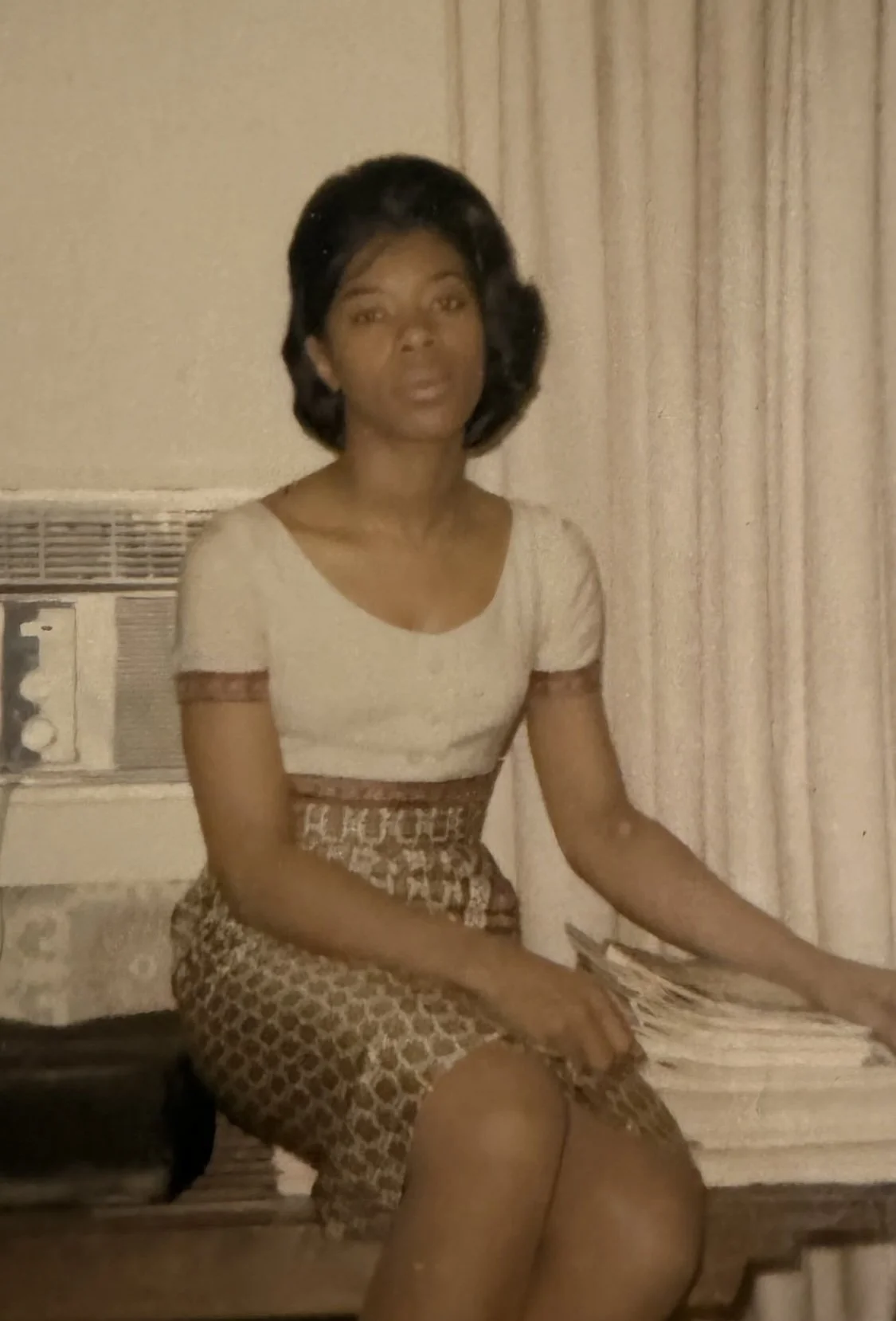STOP. EXPLORE. ACKNOWLEDGE. ADMIRE.
What night running taught me about living inside time.
“Flowers grow out of dark moments.”
— Corita Kent
photo courtesy of emir bozkurt
I’ve been running alone in my dreams for as long as I can remember, fueled by my inner gazelle.
Padding softly through mazes of streets, enveloped in a black-blue surround.
Occasional cracks of gold bleed into the night as the stars – reluctant to be disturbed – tease the velvet with their quiet insistence.
One maze leads to an old house, seemingly abandoned.
I reach for the doorknob, find it unlocked, twist it open, and step inside.
photo courtesy of george desipris
I’m fully lucid, present, yet I can’t shake the foreboding sense that I’m witnessing the past and future all at once.
Is it tomorrow, twenty years from now, or a decade ago? Could all of it be happening simultaneously?
My legs surge with energy, yet I never notice if the hand turning the knob is smooth or gnarled.
The moment stretches like a continuum – an entire life collapsed into a single breath.
A gestalt of time.
All of it relevant.
Stop. Explore. Acknowledge. Admire.
photo courtesy of ka newborrn
When I wake, I rarely recall every detail,
but I remember the mood.
I remember how the house felt.
I run in waking life, too. At night, of course.
Podcasts or playlists spill faintly from open earbuds.
Streetlamps keep me company.
I say hello to neighbors in their evening rituals,
and I greet the ferals lounging in the desert breeze.
What if this act – putting one foot in front of the other – was never about getting from A to B?
What if it’s really about rhythm, about keeping time with yourself, like a metronome syncing your pulse to the world?
photo courtesy of ka newborrn
I step outside, turn the doorknob gently shut, and resume my pace.
The air presses against my back, wind meets my face, melancholy melodies stir in my ears.
I’m grateful – for my health, for my path, for everything behind and everything ahead.
I’ve spent years abstracting individual hairs.
But now I know: it’s the whole silhouette that matters.
The movement between shadows and light.
The cohesion in letting go of strict start and endpoints.
Stop. Explore. Acknowledge. Admire.
The truest superpower?
Embracing the dark while discovering the light.






